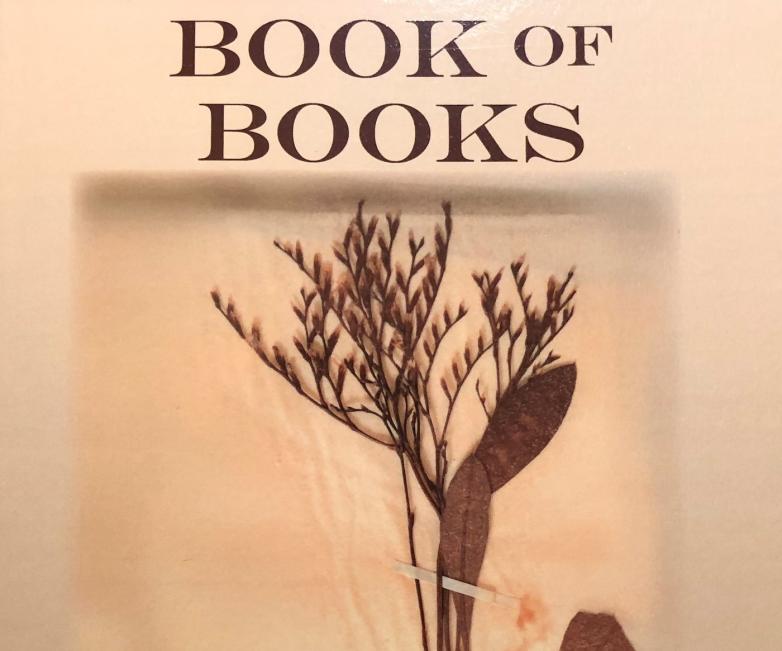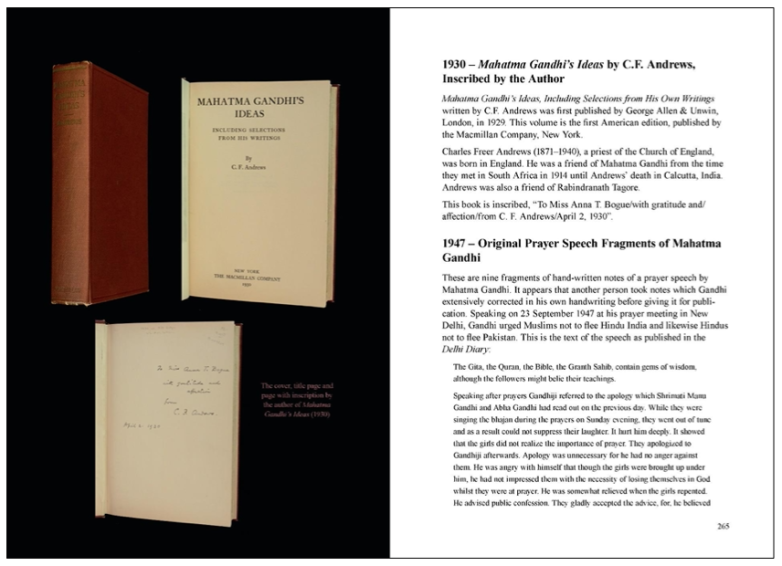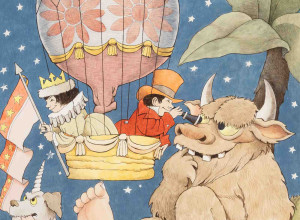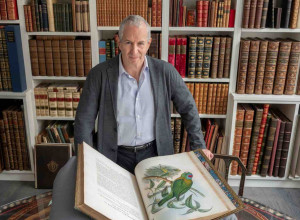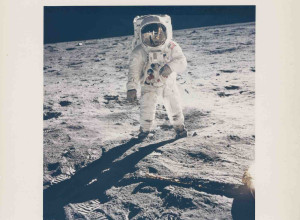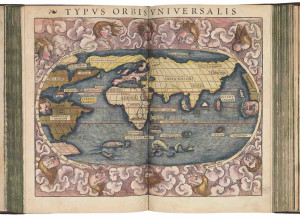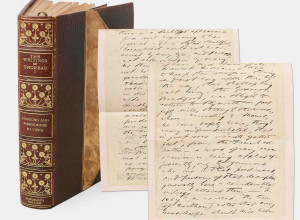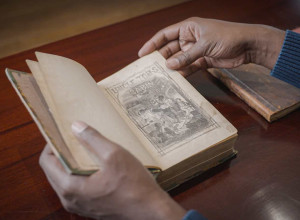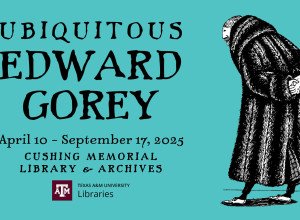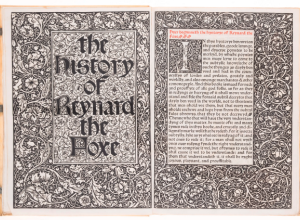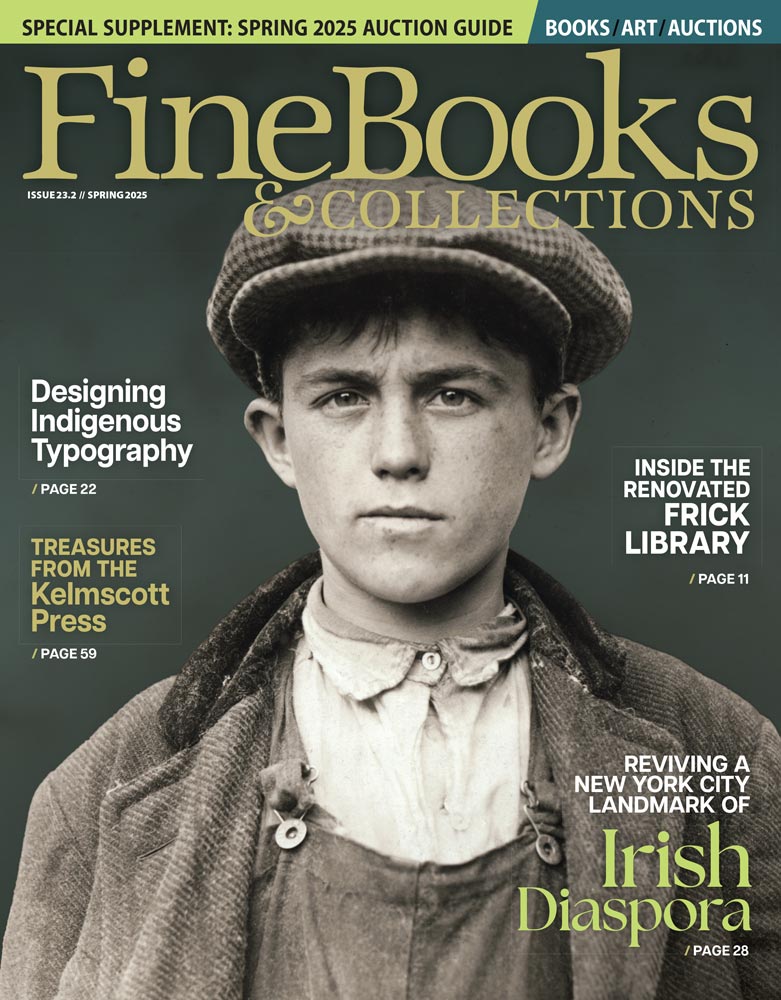As my collection grew, so did the desire to offer it to the world. Understanding the collection as a type of museum, I named it the TGM Rare Book Museum in honor of my father. Then it became important to capture as best as possible the life of my father—a self-taught man who, under challenging circumstances, not only educated all his sons and daughters but also advocated for the same in his rural village. Members of my family, especially my brother Rajan Mathew, were instrumental in documenting the life of my father. Both Kent and my close friend, Robert Pavlik, were key players in shaping the text into its final form. A brief biography of T. G. Mathai forms the Introduction to Book of Books.
The rare books, manuscripts, and historical artifacts presented in Book of Books were garnered over the last quarter of a century. I realized that the pearls I caught from the stream of time were not without their links—the invisible strands that connect East and West that bind inquisitive minds and elevate all humans. Examples of these gems include:
• Henry Thoreau’s first book, A Week on the Concord and Merrimack Rivers, with textual corrections and additions in his own hand, in which he extols the Hindu scriptures
• A pencil manufactured by Thoreau’s father, stamped J. Thoreau & Co.
• A handwritten “fair copy”—signed—of Emerson’s famous yet enigmatic poem, “Brahma,” which pays homage to the sacred scriptures of India
• A letter from Abraham Lincoln urgently summoning a senator to strategize about the 13th Amendment
• Frederick Douglass' autobiography, My Bondage and My Freedom, inscribed by the author
• Rabindranath Tagore’s Nobel Prize-winning collection of poems, Gitanjali, in its first appearance as a book with his signature
• Fragments of a prayer speech in the hand of Mahatma Gandhi written four months before his assassination in which he alludes to his martyrdom
• Early translations of the Rubaiyat of Omar Khayyam and the Bhagavat Gita with important American associations
Book of Books grew out of the TGM Rare Book Museum with the labor of love from many. When I submitted the proposal for this book, my working title, “Book of books,” struck a chord with the editor, and he nudged me to capitalize both B’s. This is the genesis of Book of Books, which let the missionaries carry to the uttermost parts of the earth.

